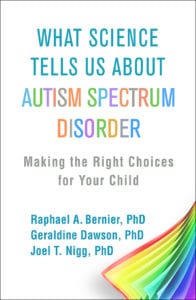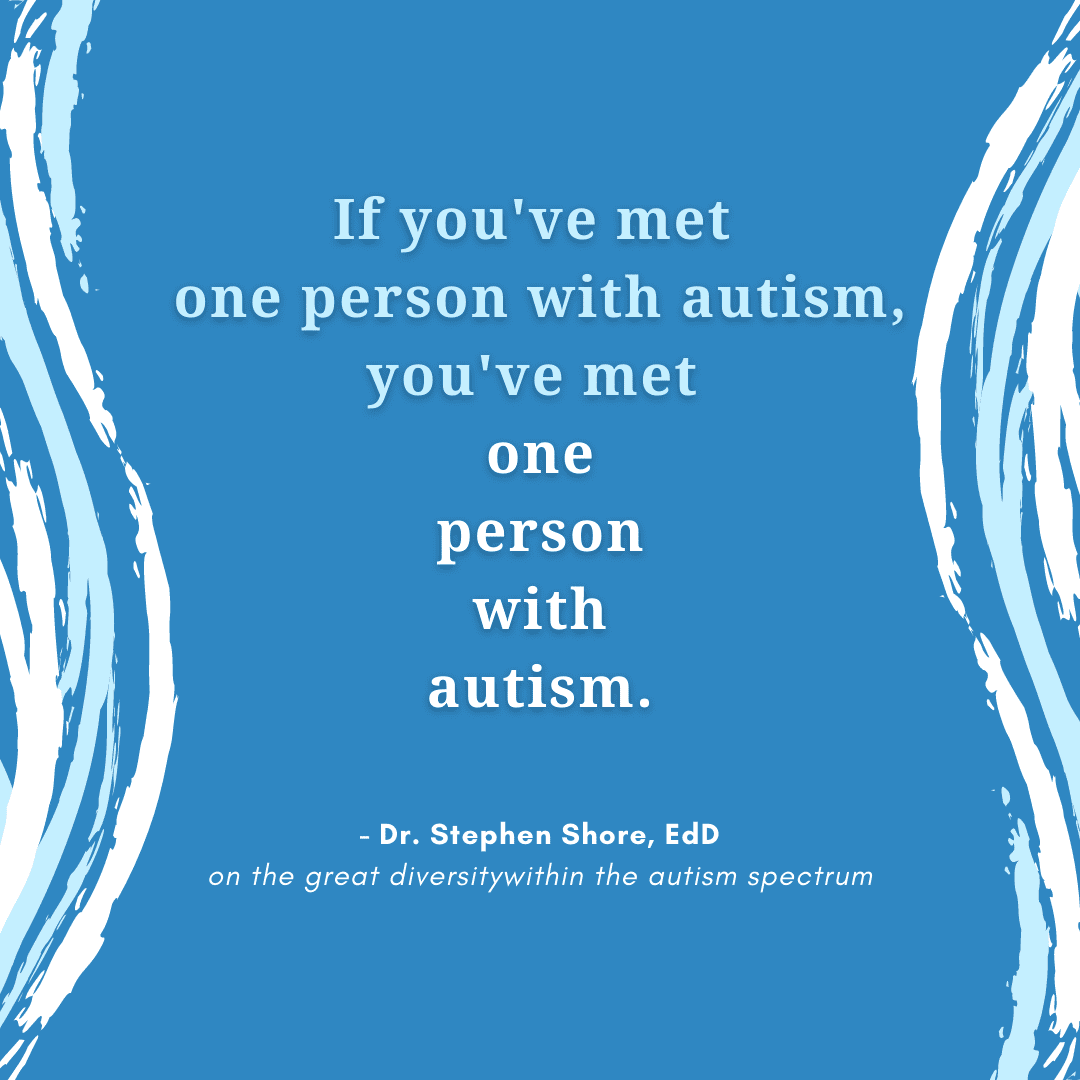What’s Ahead for Your Child on the Autism Spectrum?

Posted in: Grade School, Hot Topics, Parenting Concerns, You & Your Family
Topics: Autism Spectrum
Perhaps the most pressing concern for parents who have a child with autism or a similar developmental issue is “What does the future hold?”

We don’t have a crystal ball. If we did, joining the circus and traveling the world telling fortunes might prove to be a more helpful career than academic medicine. But in the absence of the crystal ball, all we can do is look to our experience and see what the science shows. We have seen firsthand what the research shows in the thousands of children with autism we’ve worked with, in the many families we’ve partnered with in research studies, and in the families we’ve communicated with at talks, community events, and meetings—that many children with ASD reach a positive outcome.
There are many resilience factors for children and those transitioning into adulthood, but in the end, we circle back to the big-picture priorities for you as a parent. The non–negotiables are the same whether your child is thriving or struggling. The children who do well invariably had parents who were able to do the following:
- Develop strong advocacy skills for their children. They showed the community what their child needed, and they made sure their child got that. Sometimes they did so smoothly and easily and other times the advocacy involved the legal system and lots of tears and hurt feelings. Ultimately, they recognized what their child needed, learned how to get that, and made sure their child got it.
- Stay engaged with their kids through thick and thin. They never disconnected, gave up, or lost interest. These children knew that no matter what else anybody might say, and no matter how many mistakes they might make, their parents were in it with them for the long haul.
- Be aware that their own mental and physical health are important and take care of themselves. These parents tried to work out their own depression, alcohol abuse, past trauma, stress, and marital conflicts by reading self-help books, seeing a counselor, talking to friends, or engaging in self-examination. As a result, even while they may have felt they were making the same mistakes year after year, they were aware of their own actions, able to hear the perspective of their children, and able to adapt when possible.
- Assemble a team. These parents knew that “it takes a village.” They found others who were also strong advocates for their children, who kept their child’s best interests in the foreground, which ensured that the parents were not alone in their efforts to provide the best support for their child.
- Become an autism expert. That doesn’t mean the parents all went to medical school or earned a graduate degree specializing in autism intervention. But these parents educated themselves on what the science says, asked questions of their child’s providers, familiarized themselves with their community resources, and made sure they knew what autism was like for their child. In this way they made sure that their child was going to get the best support possible.
- Form a strong social support network. They relied on other parents, friends, and family for emotional, social and logistical support. They weren’t afraid to ask for help when they needed it. They developed friendships with supportive people who cared about them and with whom they could share both their struggles and their victories. They found time for fun and laughter with their support group.
When we say the children are doing well, we don’t mean that all of them ended up in a regular education classroom or moved to New York City to perform on Broadway or whatever other hope that parents have shared with us over the years. But we mean that the kids and families achieved goals and outcomes that worked for them. For one family, that meant sitting down for dinner together every night. For another, is was having their child stay in school until he was 21 and then live outside the home. These families were able to achieve their goals because the parents exhibited the resilience factors listed above.
And what if you feel like you fall short on some of them? That doesn’t mean you can’t also get your kids to a positive outcome. We just want to emphasize that hitting these targets markedly raises the odds.
We can’t overemphasize the importance of self-care. Stress may be perhaps the most under-appreciated influence on child outcomes. When a parent is overly stressed, it’s very difficult to provide the necessary support and implement the interventions needed. Furthermore, caring for a child with autism is hard. It’s challenging, draining, demanding, and exhausting. Without an occasional break, without getting your own exercise and sleep, having a supportive friend or peer group for yourself, and some good times in your own life, it is very difficult to sustain the journey you need to take with your child. Take care of yourself, and take care of your child.
Lastly, there is ample reason for optimism and hope. Autism is considered a lifelong disorder, but we know that, with the right supports, every person with autism can learn new skills and lead a meaningful life. Through better public awareness, employers and society at large are not only becoming more informed about and accepting of autism, but have also come to appreciate the unique strengths and perspectives that people on the spectrum bring to the world.
– Adapted from What Science Tells Us about Autism Spectrum Disorder: Making the Right Choices for Your Child by Raphael Bernier, Geraldine Dawson, and Joel Nigg. Copyright (c) 2020 The Guilford Press. Reprinted with permission of Guilford Press.

 Share
Share Tweet
Tweet







